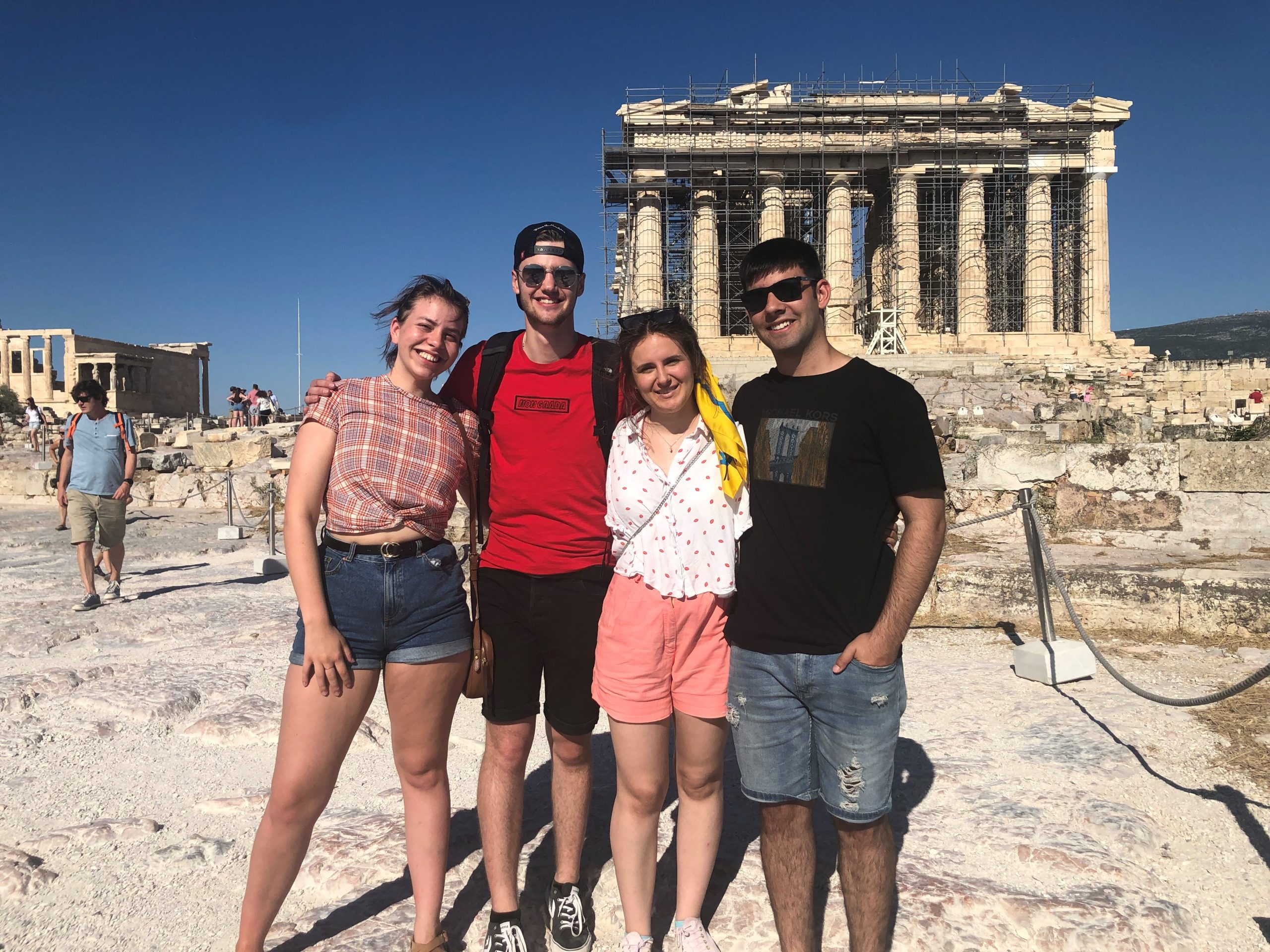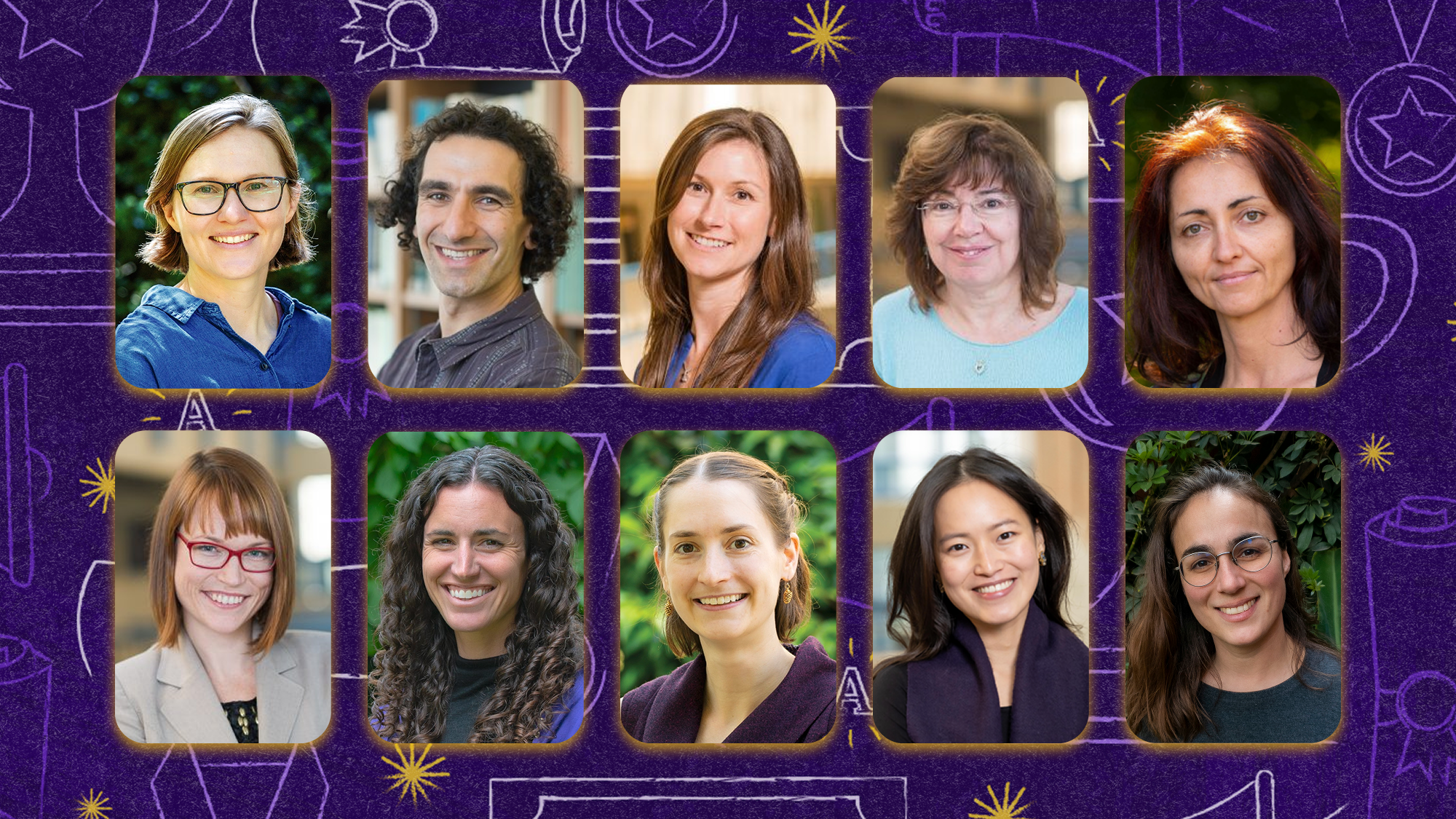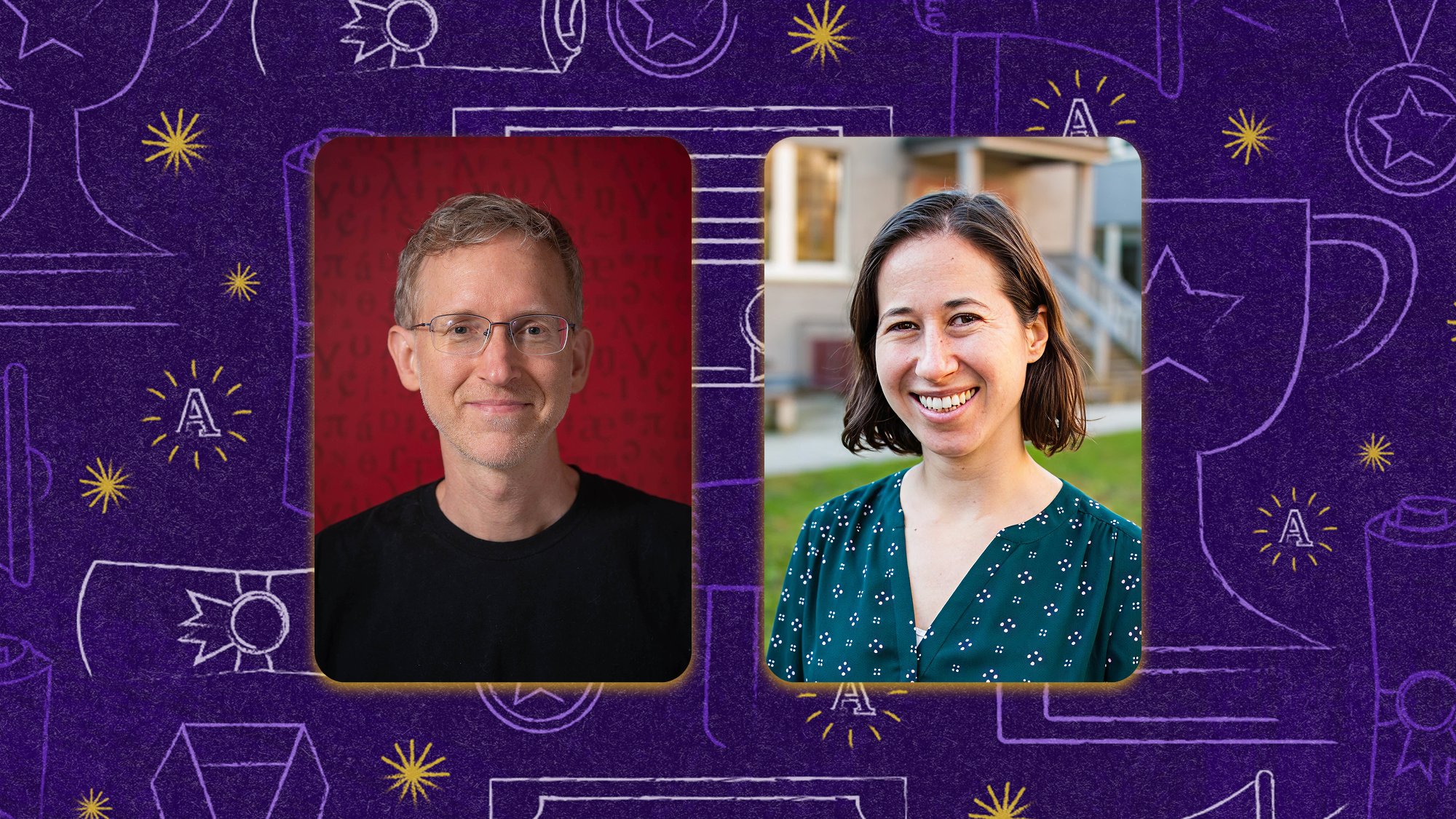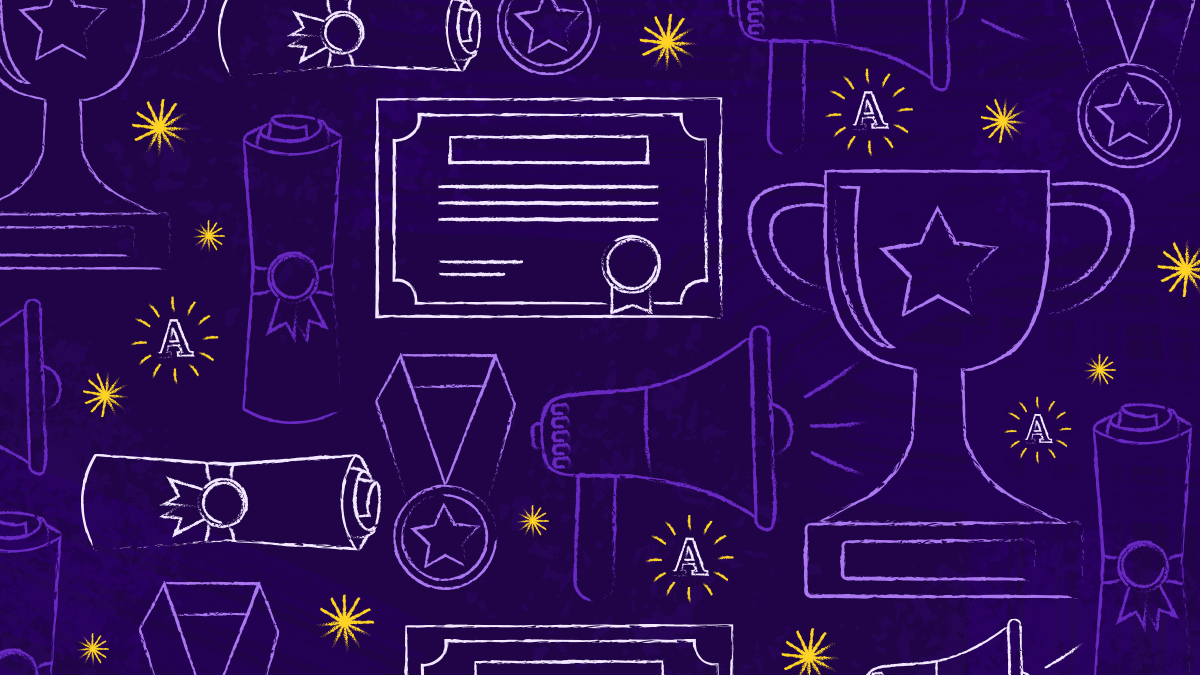

Story produced by ASA Peer Advisor, Tiana Bone
Sarah Russ, (pictured in the far left) grew up in Vancouver, British Columbia. Sarah is half Haida, Icelandic and British and studies First Nations and Indigenous Studies (FNIS) and Anthropology here at UBC.
Did you always know you wanted to study First Nations and Indigenous studies?
I didn’t always know I wanted to study FNIS, but I knew that I wanted to be a bigger part of the First Nations community. I ended up meeting with Sheryl Lightfoot before I graduated from high school and she was the one who introduced me to the FNIS undergraduate program. From what she told me, and from what I researched on my own, I knew that the FNIS program was one that I would truly enjoy and would be happy to invest my time in. I haven’t looked back since and every year I take FNIS courses the more I enjoy the subject matter.
You went to the Netherlands on exchange, could you share your Go Global experience and what it’s like to study abroad?
While I was in the Netherlands, I was highly conscious of the opportunity I had which I did not want to waste. I was focused on my Anthropology major, however, this did not mean that I was negligent of all I had learned in my FNIS classes and my own life. For many of my classes I did my best to apply my FNIS experience and my experience as an Indigenous person to my school work. For me this meant connecting oral histories to Northwest Coast weaving and showing that Inuit video games can be used as a form of cultural archiving. I won’t pretend that my time was all sunshine and daisies. I was called a ‘real life Indian’ like I was an oddity that was to be ogled at, my grandfather passed away and I had my first (and hopefully only) seizure. Despite all these things, I would recommend going abroad to anyone as it gave me the opportunity to grow as an individual and to be an advocate for change. I say this as the night I was called a ‘real life Indian’, I was surrounded by my friends and my partner who had listened to me when I shared what I knew and were quick to provide support while I gently corrected the person. Additionally, my grandfather passing away and myself having a seizure taught me that I am a lot stronger than I thought I was.
Overall, studying abroad was one of the best decisions I ever made and I would happily recommend it to anyone who was thinking about it.
In your first year, you were in the ArtsOne program, how would you describe your experience in the first-year program/would you recommend it to incoming students?
ArtsOne was one of the most academically shocking programs I ever engaged in and at times it left me in tears. I would still tell any undergrads to give it a shot though because, in the long run, I think it has given me an advantage. I learned how to write and how to read academically at a level I wasn’t at before. At the time it was the hardest thing I had done intellectually, and I would do it again in a heartbeat.
How do you stay connected to your culture while at UBC?
Part of my way to stay connected with my culture is to keep in touch with my dad and my cousins while trying to weave my own Haida culture into my academics. My FNIS and Anthropology courses give me space to engage with my culture at a level I hadn’t been able to in the past, as I grew up away from Haida Gwaii.
Do you have any advice for Indigenous students at UBC?
I would tell any incoming Indigenous students to go to the Longhouse and connect with fellow students who are working their way through school as well. The Longhouse provides a safe place where you are always welcome and where a laugh isn’t too hard to find.
If you choose to live in residence be careful with who you surround yourself with and if you are struggling with anything, don’t be afraid to reach out. While I didn’t know it at the time, I had a problem when it came to substances. It never got too out of hand, but two years and two moves later (one abroad and one back to my parents house) I finally admitted it to myself and stopped using any substances. The reason I share this is because my problem first really started when I moved into residence and was away from home for the first time. I want future students to be aware and mindful of what they are doing when they get their (often times) first big taste of independence.
As far as academics go, you are so much smarter and capable than you know. You will do amazing things and you will surprise yourself with what you are capable of. Choose the study you want to do, talk to your professors, go the ‘good’ library (Koerner’s) to study or the Longhouse if you need to buckle down and do work, and go to the Aboriginal Student Affairs academic advisors if you have questions about your degree. There are so many people at UBC who can guide you, once you find them, stay in contact with them throughout your degree.
ASA Tip: Check out the opportunities Go Global offers!


